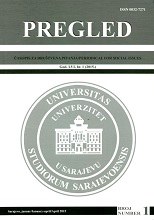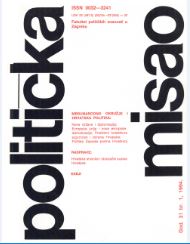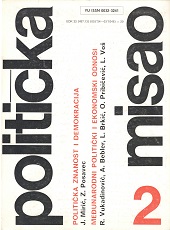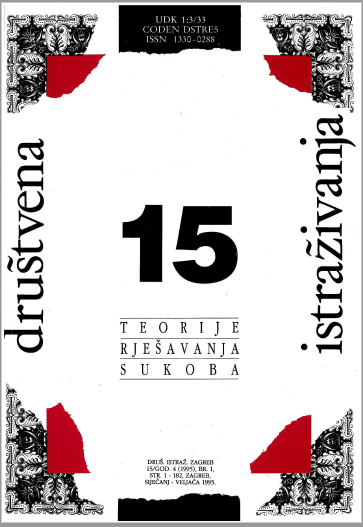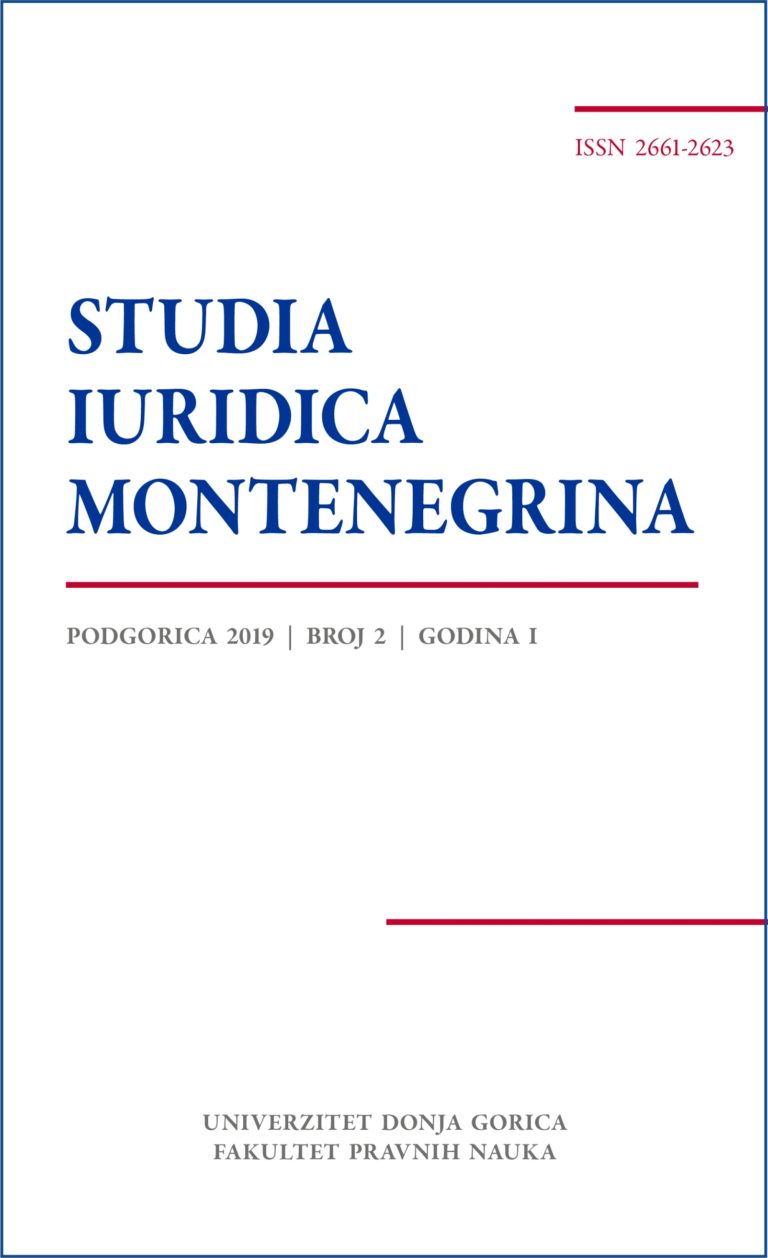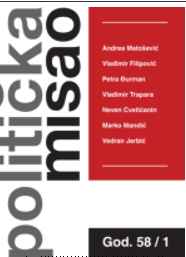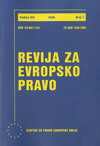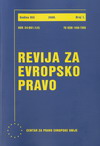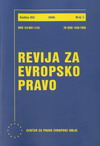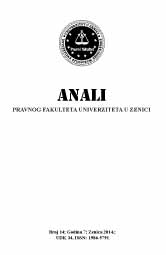
CONSUMER PROTECTION FROM UNFAIR BUSINESS PRACTICES
ZAŠTITA POTROŠAČA OD NEPOŠTENE POSLOVNE PRAKSE
Keywords: unfair commercial practice; information; general clause; misleading and agressive practice; black list; advertising.
One of the basic problems of modern consumerism is the lack of a truly informed and conscious consent of the will in consumer contracts, which commonly occurs because of unfair business practices that traders apply not only while advertising and marketing their products, but also during and after the purchase of products or services. Although the Directive on unfair business practices is not implemented in the Consumer Protection Act in B&H, the need for changing this legislative piece becomes evident after analyzing the existing defective mechanisms for examining the unfairness of business practices. Legislators are opting for different mechanisms for consumers, but no matter which path they chose, ultimately the goal is to reduce influence and effects of unfair business practices and to achieve rational consumer behavior. This paper presents an analysis of the legal framework for consumer protection against unfair practices under EU law and the law of Bosnia and Herzegovina, with the aim of emphasizing the basic mechanisms of testing unfairness and sanctioning unfair business practices. Based on the presented analysis, the conclusion is that the amendments to the Consumer Protection Act in B&H and ensuring adequate implementation in practice is uncompromising obligation that B&H must meet in process of EU integration.
More...

